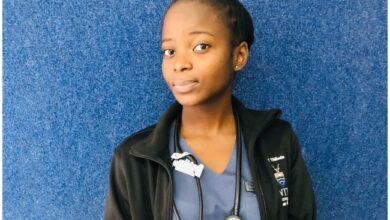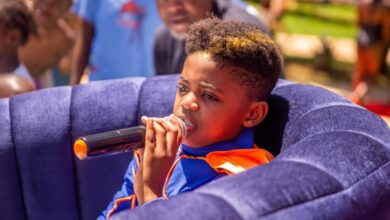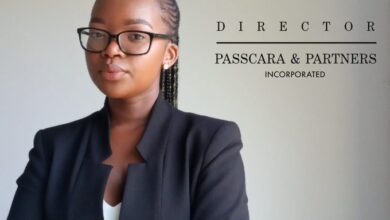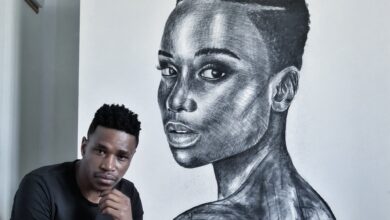Richard Niyonzima Interview
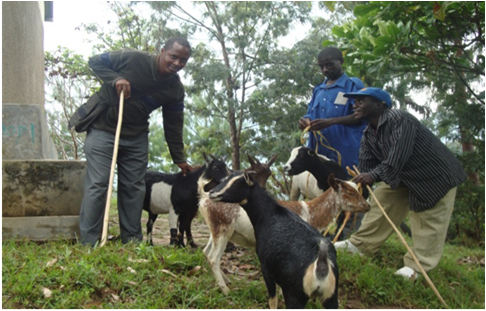
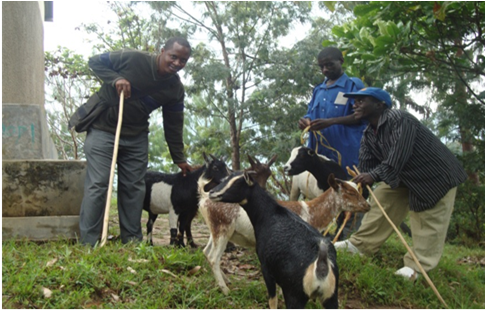 Please tell us about yourself?
Please tell us about yourself?
I am a male, aged 33. I was born and grew up in a completely rural area, in Kisoro district, Uganda. I studied up to a university level, graduating with a degree BA. Social Work and Social Administration.
What is the name of the community outreach project you involved in? And what is it all about?
Improved health and sanitation advocacy campaigns among the Batwa youths in Kisoro district.
When did it start? What motivated you to start this project?
This project started in June 2012. Arising out of the fact that Batwa, who were predominantly settled in the forests and were later forcefully removed from there and no alternative places / land allocated as compensation, the Batwa resorted to moving around begging for food, clothing etc for survival. Their attention has been centred only on begging for food thus having nothing to do with sanitation and hygiene and other survival issues that surround them. Their homesteads were dirty and bushy and also, there has been no registered attendance in health unit facilities. There were also, fears that since there were no health related services reaching them (especially the youths), there was likely going to be higher HIV/AIDS and other STDs prevalence amongst them. As a Community Based Organisation, we felt, that our campaigns can change the trend of events within these communities and prepare the Batwa youths for better future options.
What is the purpose this project?
To equip the Batwa youths and their entire communities with life skills necessary to keep them safe from disease and abject poverty.
What do you want to achieve with project?
A Health, energetic youths who are economically, socially and politically organized towards their own survival demands.
How one can get involved in the project?
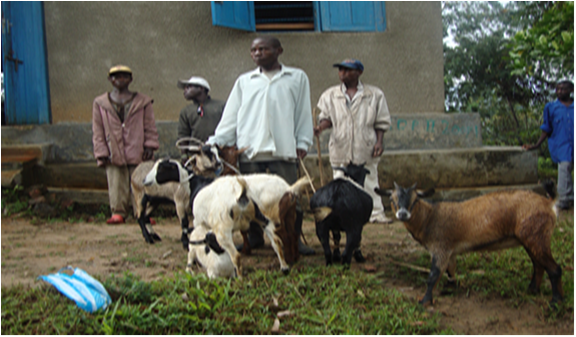 We have 3 categories of those wanting to be involved:
We have 3 categories of those wanting to be involved:
· Volunteering
· Support (Financial, Material, Capacity building for our staff, information sharing, other fundraising drives)
· Partnering with us
What were some of the challenges you faced as a young person starting your own project?
Finances: we had challenges where, as beginners, we needed funds to ran activities like registration at the district level, stationery services, transport to the communities, meetings etc. It was not easy convincing members to come for meetings yet there was not going to be any transport refund or even any refreshments.
- · Culture: Our communities are made to believe that only the elders are ones that have knowledge and authority to make things change in communities. So, when we mobilise our target communities for meetings, few tend to pay attention to us.
How has the journey being like so far?
The journey has been so encouraging. Despite no source of funds, we have managed to reach 4 communities through funds raised from member contributions. Here, there has been improved hygiene and sanitation within these 4 communities. The youths are seen dressed in clean clothings, they are able to attend services at health units and are confident – they are able to openly express / participate in village meetings with non Batwa youths.
How has the community benefited from the project?
- · Knowledge (life skills). They are able to work for and save their money especially by digging for the non Batwa, cutting and felling trees etc.
- · As a means of trying to improve sanitation and health through improved incomes for the youths, we started an advocacy program, where we have been holding meetings with subcounty leaderships to have the batwa youths involved in government development programs. As a result, in one subcounty (Nyabwishenya), 2 communities have been able to benefit / access 10 local goats from the subcounty management.
What has been some of your biggest achievements yet?
- · Sensitizing Batwa youths in sanitation and hygiene issues (these included having health talks, home stead clean up events in some communities, and enlightening them on the better roles of having pit latrines, bath shelters, drying racks, etc)
- · Advocacy campaigns with subcounty / Lower local governments especially on their inclusion in government development programs. Here, 2 communities were able to access 10 local goats – each getting 5.
What do you think are some of the challenges facing African youth today?
- · Unemployment. Most of them are not employed
- · Stigma / discrimination: Employers lax in offering employment to youths under the guise of experience. That they have never served any where before.
Where do you see yourself in 5 years time?
In a 5 year period, we see ourselves reaching all the Batwa youths and rolling the project over to the non Batwa youths within the district.
What would you like to change about Africa today?
The rate of youths unemployment
What advice do you have for young people who want to start their own project?
- · They should be courageous and innovative. Above all, they should exercise maximum patience and discipline.
How can other youth connect with you?
- · Currently, we do not have a website but are working towards it. Our connections can be through :
Our Post office contacts:
INTEGRATED RURAL COMMUNITY DEVELOPMENT INITIATIVES
P.O.Box 117 Kisoro, UGANDA
Emails: [email protected]
– See more at: http://yvafrica.com/Uganda/richard-niyonzima-interview/#sthash.WETKtVQA.dpuf

